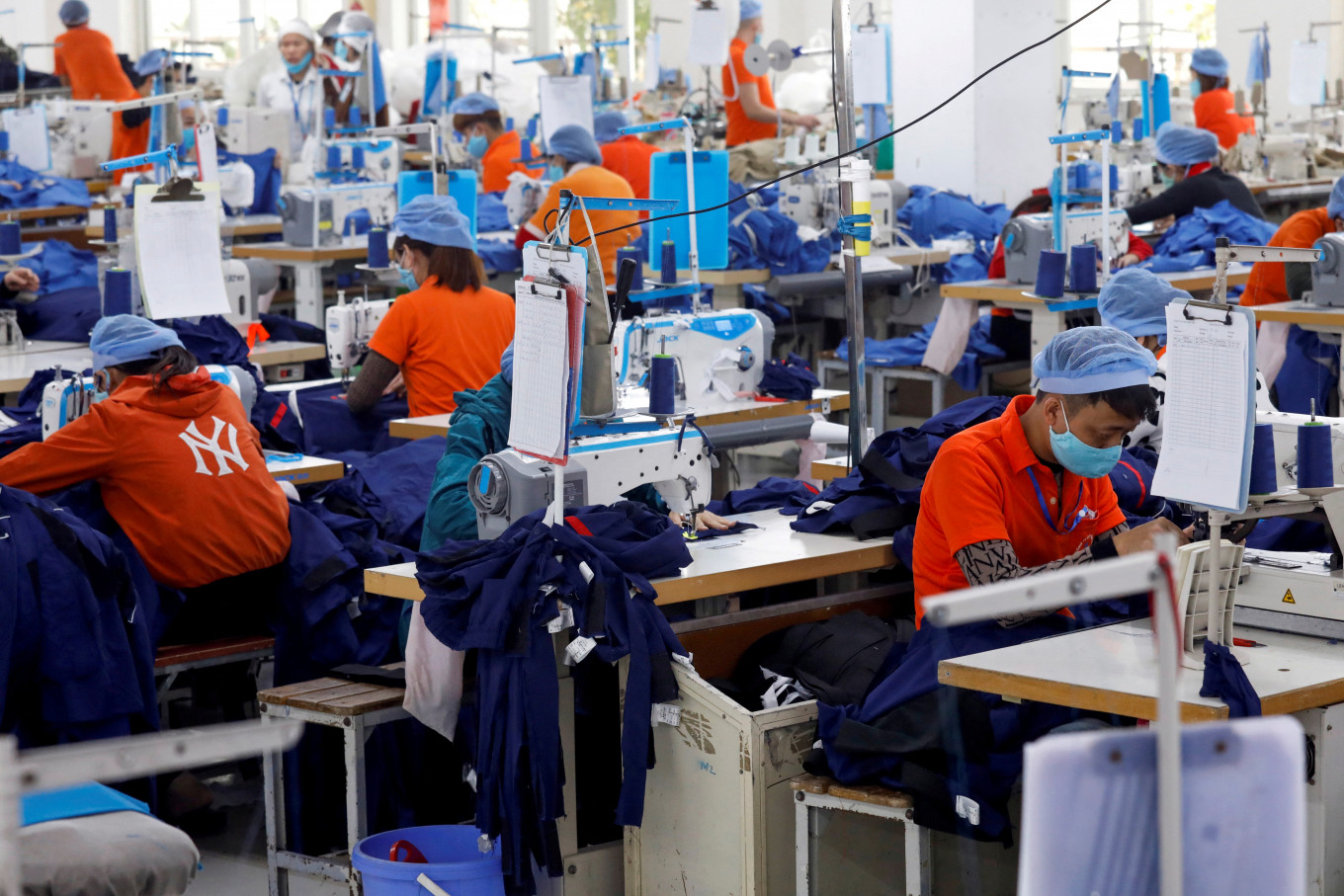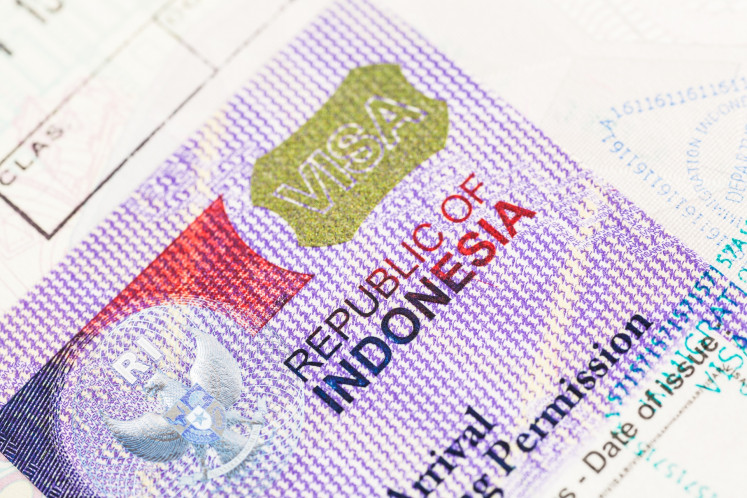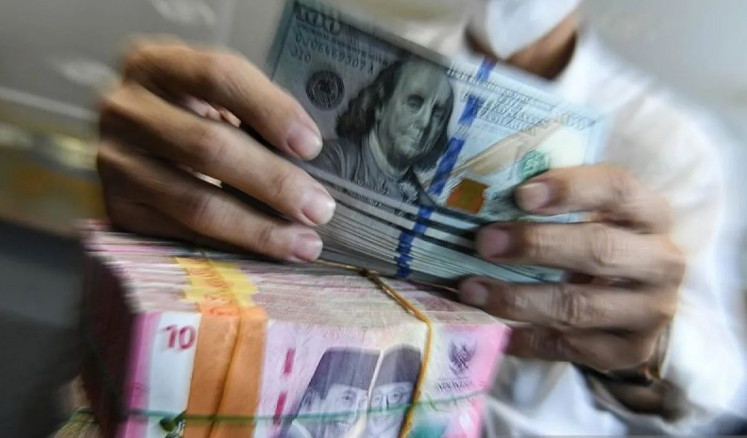Popular Reads
Top Results
Can't find what you're looking for?
View all search resultsPopular Reads
Top Results
Can't find what you're looking for?
View all search resultsSoutheast Asia nations, hit particularly hard by US tariffs, prep for talks with Trump
Six of the nine Southeast Asian countries listed by Trump were slapped with much bigger-than-expected tariffs of between 32 percent and 49percent. By comparison, the level for the European Union was 20 percent.
Change text size
Gift Premium Articles
to Anyone
V
ietnam's government said on Thursday it would set up a task force and other Southeast Asian nations said they plan to seek talks with Washington as they reel from being hit with some of United States President Donald Trump's heftiest tariffs.
Countries such as Vietnam and Thailand are heavy exporters to the US, having benefited as Chinese and international manufacturers shifted production to their economies to avoid levies on China that Trump imposed during his first term.
Six of the nine Southeast Asian countries listed by Trump were slapped with much bigger-than-expected tariffs of between 32 percent and 49percent. By comparison, the level for the European Union was 20 percent.
So far, none of the Southeast Asian nations have spoken of retaliatory tariffs.
Vietnam, where companies like Apple, Nike and Samsung Electronics large manufacturing operations, was hit with 46 percent levies and appears particularly exposed. Its exports to the United States were worth $142 billion last year, nearly 30 percent of its gross domestic product.
Vietnamese Prime Minister Pham Minh Chinh ordered up a task force to address the situation after an urgent cabinet meeting early on Thursday, state media said. He noted the country's 8 percent growth target for this year remained unchanged.
"Vietnam's export-driven growth model has been highly successful, attracting multinational companies ... However, a 46 percent US tariff would directly challenge this model," said Leif Schneider, head of international law firm Luther in Vietnam.
Vietnam has already made multiple concessions to Washington to avoid tariffs, and is likely to offer more in the coming days.
"I expect negotiations to continue on ways to reduce or mitigate the impact of any new tariffs," said Adam Sitkoff, executive director of the American Chamber of Commerce in Hanoi.
Thai Prime Minister Paetongtarn Shinawatra said she hopes to bring down the 37 percent rate imposed on Thailand - far greater than the 11 percent it had expected.
"We have to negotiate and get into details," she said. "We can't let it get to where we miss our GDP target."
Thai economic growth has lagged regional peers, growing at 2.5 percent last year, held back by soaring household debt. It is hoping for 3 percent growth this year.
Commerce Minister Pichai Naripthaphan said his government was prepared for negotiations and had high hopes they would go well, citing Thailand's good relations with the US.
Malaysia, which was dealt a rate of 24 percent, announced it would not seek retaliatory tariffs and it said the trade ministry would be actively engaging with US authorities "to seek solutions that will uphold the spirit of free and fair trade."
Cambodia is facing tariffs of 49% that will hurt its garment and footwear industries and crushing hopes that it could attract investment relocating from other countries in the region.
It is a "very, very serious situation for the economy," said a Cambodia-based investment consultant who declined to be identified.
There is "nothing that Cambodia can offer as a negotiating tool, and will be at the back of a very long queue," he added.










